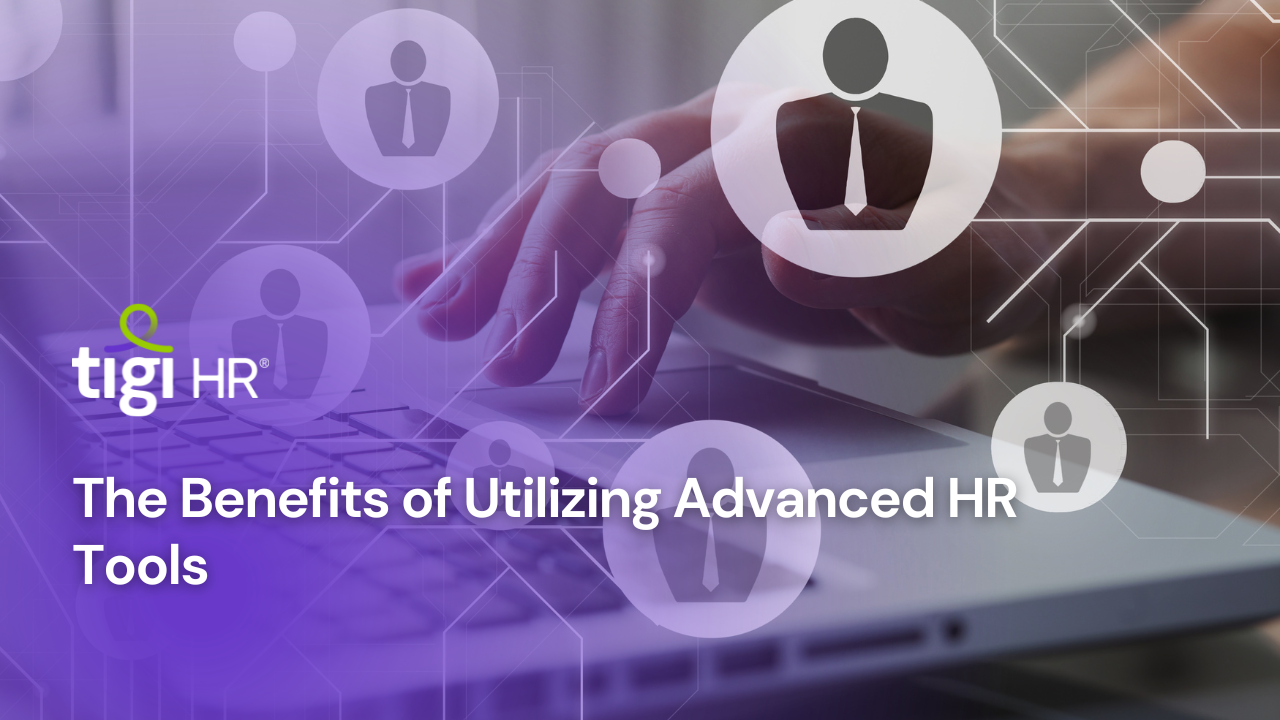In the dynamic landscape of today’s corporate world, businesses face multifaceted challenges in managing their human resources effectively. The emergence of advanced HR tools has revolutionized traditional HR practices, offering unprecedented solutions to streamline processes, enhance productivity, and optimize workforce management. These cutting-edge technologies have become the cornerstone for businesses seeking to thrive in an era defined by rapid digital transformation. Let’s delve into the myriad benefits that advanced HR tools bring to the table.
1. Enhanced Efficiency and Productivity
Advanced HR tools automate numerous time-consuming tasks, allowing HR professionals to focus on strategic initiatives. According to a survey by Deloitte, 86% of HR leaders believe that using advanced technologies significantly improves overall efficiency. Streamlining routine activities such as payroll processing, employee onboarding, and performance evaluations not only reduces manual errors but also boosts productivity, enabling HR teams to allocate their time more strategically.
2. Data-Driven Decision Making
In today’s data-centric world, the importance of data-driven decision-making cannot be overstated. Advanced HR tools provide access to valuable insights and analytics, empowering HR departments to make informed decisions. These tools leverage data to identify trends, predict future workforce needs, and assess employee performance. For instance, a study by PwC found that 60% of HR leaders use analytics to predict and monitor their employees’ performance.
3. Improved Employee Engagement and Retention
Employee engagement and retention are crucial for organizational success. Advanced HR tools offer solutions for monitoring employee satisfaction, gathering feedback, and implementing strategies to boost engagement. A Gallup study revealed that companies with highly engaged employees experience 21% higher profitability. Tools like pulse surveys and performance management systems enable HR professionals to identify pain points and proactively address concerns, thereby fostering a positive work culture and reducing turnover rates.
4. Streamlined Recruitment and Talent Acquisition
Finding and retaining top talent is a competitive advantage for any organization. Advanced HR tools, including applicant tracking systems (ATS) and AI-powered recruitment platforms, streamline the hiring process by sorting through resumes, identifying suitable candidates, and even predicting candidate success based on data analytics. These tools not only expedite recruitment but also enhance the quality of hires, contributing to long-term organizational success.
5. Compliance and Risk Mitigation
Regulatory compliance is a critical aspect of HR management. Advanced HR tools often come equipped with features to ensure adherence to labor laws, industry regulations, and data protection standards. Automating compliance processes minimizes the risk of human error and non-compliance penalties. A report by Gartner highlights that by 2025, 50% of large enterprises will have dedicated risk professionals overseeing employee compliance.
6. Remote Work Enablement
The global shift towards remote work has accelerated the need for HR tools that support distributed teams. Advanced HR technologies facilitate seamless remote work by offering cloud-based solutions for communication, collaboration, and performance management. Such tools enable employees to stay connected, engaged, and productive regardless of their physical location, contributing to a more flexible and adaptive work environment.
7. Cost Savings and Resource Optimization
Implementing advanced HR tools often results in significant cost savings over time. By automating repetitive tasks and optimizing processes, businesses can reduce operational costs associated with manual labor and inefficiencies. Moreover, these tools enable better resource allocation by providing insights into workforce trends and performance, allowing organizations to optimize staffing levels and skill utilization.
8. Personalized Employee Experiences
Customization and personalization have become key drivers of employee satisfaction. Advanced HR tools offer personalized experiences by tailoring learning and development programs, career paths, and benefits according to individual employee preferences and performance. This approach enhances employee engagement, loyalty, and overall satisfaction within the organization.
Conclusion
The adoption of advanced HR tools is no longer just a choice but a strategic necessity for businesses aiming to stay competitive and agile in today’s fast-evolving landscape. The benefits encompassed within these technological advancements extend far beyond mere process optimization. From enhancing efficiency and productivity to fostering a culture of innovation and engagement, these tools have redefined the HR function, propelling businesses towards greater success and sustainability.
As the digital transformation continues to reshape workplaces, leveraging advanced HR tools remains a cornerstone for organizations committed to unlocking the full potential of their most valuable asset: their people.
By embracing these innovative technologies, businesses can not only streamline their HR operations but also create an environment conducive to growth, adaptability, and long-term success in the ever-evolving business landscape.





